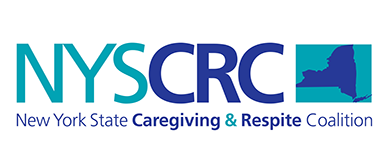Helpful Disease Specific Resources for Caregivers
Addiction - a compulsive, chronic, physiological or psychological need for a habit-forming substance, behavior, or activity having harmful physical, psychological, or social effects and typically causing well-defined symptoms (such as anxiety, irritability, tremors, or nausea) upon withdrawal or abstinence.
ALS - Lou Gehrig Disease - A nervous system disease that weakens muscles and impacts physical function. In this disease, never cells break down, which reduces functionality in the muscles they supply. The cause in unknown.
Alzheimer’s Disease - Alzheimer's is the most common cause of dementia, a general term for memory loss and other cognitive abilities serious enough to interfere with daily life. Alzheimer's disease accounts for 60-80% of dementia cases.
Arthritis - Arthritis is not a single disease; it is an informal way of referring to joint pain or joint disease. There are more than 100 types of arthritis and related conditions. People of all ages, sexes and races can and do have arthritis, and it is the leading cause of disability in America
Asthma - Asthma causes swelling of the airways. This results in narrowing of the airways that carry air from the nose and mouth to the lungs. Allergens or irritating things entering the lungs trigger asthma symptoms. Symptoms include trouble breathing, wheezing, coughing and tightness in the chest. Asthma can be deadly.
Asthma and Allergy Foundation of America - Educational Materials and Tools for Patients and Caregivers
